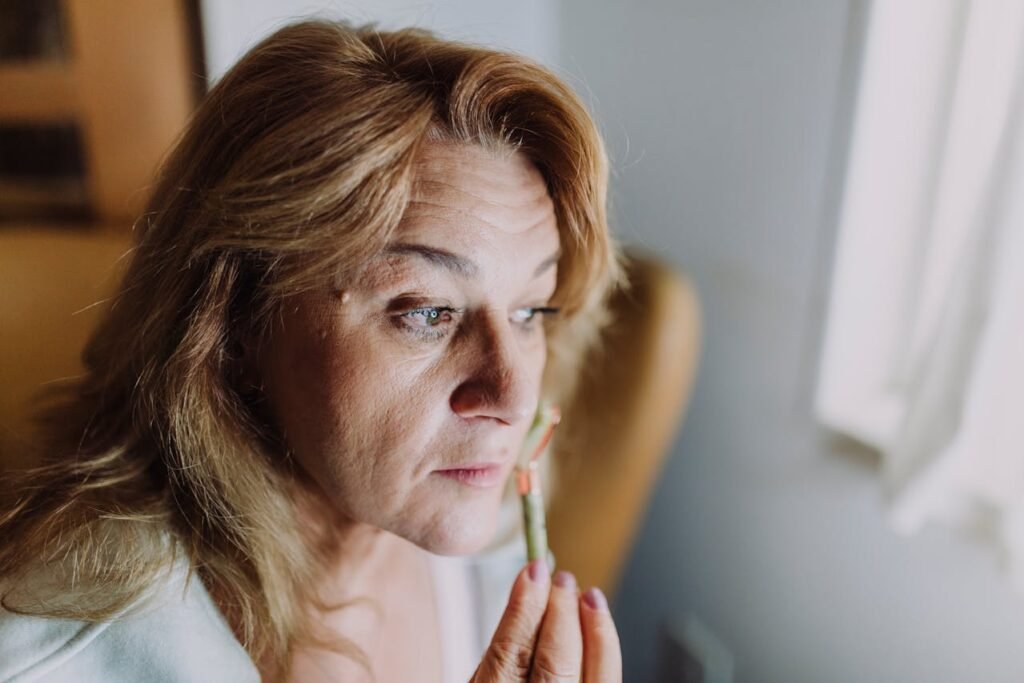Physical Address
304 North Cardinal St.
Dorchester Center, MA 02124
Physical Address
304 North Cardinal St.
Dorchester Center, MA 02124

Sunscreen isn’t just a beach-day essential—it’s a daily necessity that plays a crucial role in protecting your skin from long-term damage. Yet, many people skip this vital step in their skincare routine, thinking it’s only needed under the blazing sun. The truth is, the effects of skipping sunscreen daily are far more damaging—and shocking—than most realize. From premature aging to life-threatening skin cancers, here’s why daily SPF should never be optional.

Why it matters: Up to 90% of visible skin aging is caused by UV exposure. Without daily sunscreen, your skin is constantly exposed to the harmful rays that break down collagen and elastin.
Dermatologists call this “photoaging,” and it can happen even through car windows or on cloudy days.
Pro Tip: Use a broad-spectrum sunscreen with SPF 30 or higher every day—even indoors if you’re near windows.

Why it matters: Skin cancer is the most common cancer globally, and daily UV exposure increases your risk significantly—even when you’re not visibly sunburned.
Just five sunburns in your lifetime double your risk of melanoma.
Skin cancer and sun exposure statistics
Pro Tip: Apply sunscreen to all exposed areas—don’t forget your ears, neck, and hands.
Why it matters: UV exposure stimulates excess melanin production, leading to uneven skin tone, sun spots, and post-acne hyperpigmentation that’s harder to treat without SPF.
Everyone, but particularly individuals with medium to dark skin tones, as hyperpigmentation can be more stubborn.
Pro Tip: Combine SPF with a vitamin C serum to brighten skin and protect against free radical damage.
Why it matters: Sun damage weakens your skin barrier, making it more prone to sensitivity, dehydration, and environmental irritants.
Barrier damage reduces your skin’s ability to repair itself, increasing vulnerability to other forms of skin stress and inflammation.
Understanding the skin barrier
Pro Tip: Use SPF daily and follow with a hydrating moisturizer containing ceramides or hyaluronic acid.
Why it matters: We often neglect our lips and the delicate skin around the eyes when applying sunscreen, yet these areas are highly sensitive to sun damage.
Pro Tip: Use a lip balm with SPF and opt for a mineral-based sunscreen that’s safe for use around the eyes.
Why it matters: If you’re investing in skincare treatments—like chemical peels, laser therapy, or anti-aging serums—skipping sunscreen will undo the progress.
Pro Tip: After any professional treatment, dermatologists recommend doubling up on SPF and avoiding direct sun exposure.
Why it matters: Sun damage is cumulative. Every minute without SPF adds up, and the effects may not be visible right away—but they will show over time.
Pro Tip: Make sunscreen part of your morning ritual, just like brushing your teeth. Apply it even on overcast days or during indoor work.
Skipping sunscreen might not show immediate consequences, but over time, the damage becomes painfully clear. Premature aging, uneven skin tone, and serious health risks are all preventable with one daily step: applying SPF.
There’s no skincare routine, anti-aging serum, or cosmetic procedure that can replace the foundational benefits of sunscreen. If you’re serious about your skin’s health, appearance, and longevity, make sunscreen a non-negotiable part of your day.
If this article helped you understand the shocking effects of skipping sunscreen, share it with friends and family. And be sure to explore our blog for more skincare advice, expert recommendations, and product reviews that keep your glow protected year-round.